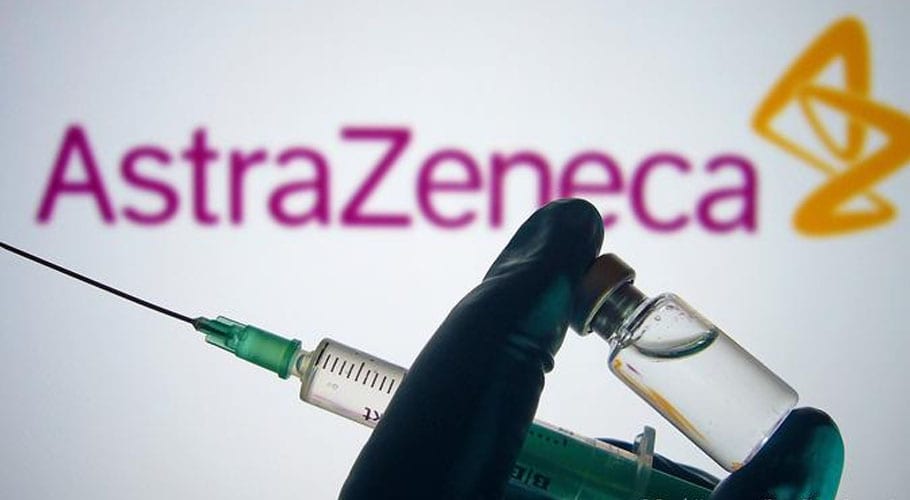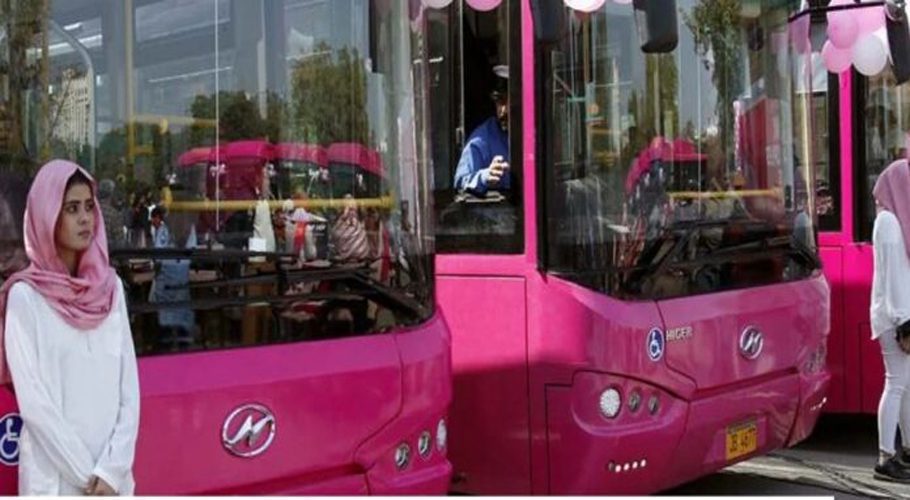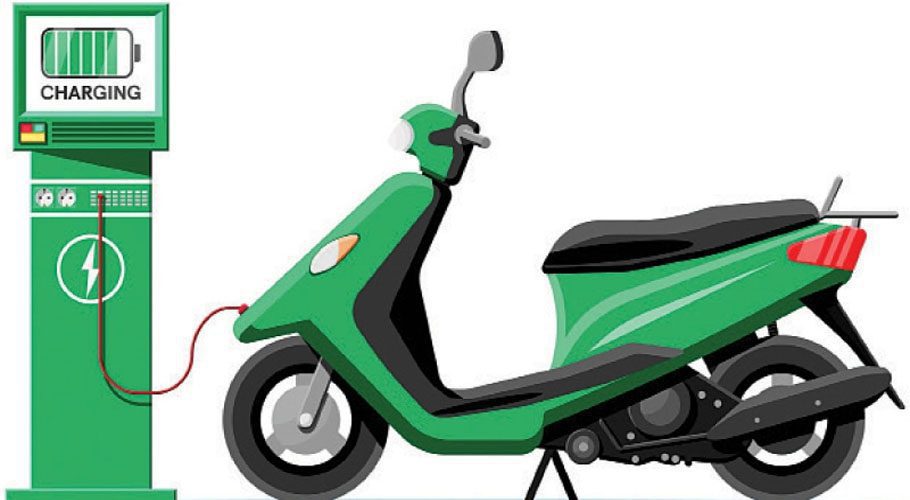![]() Follow Us on Google News
Follow Us on Google News
WASHINGTON: AstraZeneca’s COVID-19 vaccine is 80 percent effective at preventing the disease in the elderly and does not increase the risk of blood clots, the biotech firm said following its phase III efficiency trials in the United States.
The firm said it was 79 percent effective at preventing symptomatic coronavirus in the overall population and 100 percent effective at preventing severe disease and hospitalisation.
Several countries had advised against administering the jab to older people due to a lack of data among elderly participants in previous trials. Earlier this month several countries also paused use of the jab over fears it may cause blood clots.
The US phase III trial of the vaccine developed by AstraZeneca and Oxford University involved 32,449 participants, with two thirds receiving the jab, the pharmaceutical firm said in a statement.
Around 20 percent were 65 or older, and about 60 percent had health conditions associated with a higher risk of severe Covid-19, such as diabetes, severe obesity or cardiac disease.
“These findings reconfirm previous results observed in AZD1222 trials across all adult populations but it’s exciting to see similar efficacy results in people over 65 for the first time,” said Ann Falsey, professor of medicine at University of Rochester School of Medicine and co-lead principal investigator for the trial.
“This analysis validates the AstraZeneca Covid-19 vaccine as a much-needed additional vaccination option, offering confidence that adults of all ages can benefit from protection against the virus.”
The trial’s independent data safety monitoring board found no increased risk of thrombosis among the 21,583 participants who received at least one dose, the statement said.
Some leading EU countries have resumed AstraZeneca vaccinations after the European Medicines Agency said the jab was “safe and effective” and was not linked to an increased risk of blood clots.
AstraZeneca said it was preparing to submit its findings to the US Food and Drug Administration to authorize the shot for emergency use.The results also suggested that administering the second shot more than four weeks after the first could further increase efficacy. Previous trials have shown leaving up to 12 weeks between jabs increased its efficacy.



























